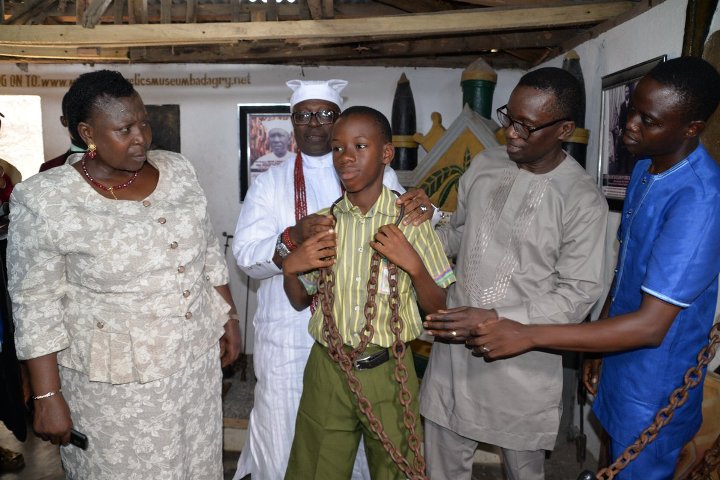UN Report Urges States to Deliver Reparatory Justice for Africans Worldwide
The report concludes that reparatory justice is not simply a matter of historical redress but a critical pathway to addressing entrenched inequalities today.

The UN Human Rights Office has released a landmark report urging governments and institutions across the globe to intensify efforts toward reparatory justice for Africans and people of African descent, emphasizing that reparations are essential to dismantling systemic racism rooted in centuries of enslavement, the transatlantic slave trade, and colonialism.
Reparatory Justice as Key to Equality
The report concludes that reparatory justice is not simply a matter of historical redress but a critical pathway to addressing entrenched inequalities today. It highlights how discriminatory systems in education, housing, healthcare, and criminal justice continue to echo legacies of the past.
“Systemic racism is deeply rooted in legacies of the past,” said UN High Commissioner for Human Rights Volker Türk. “To deliver reparatory justice, States and other actors must implement a comprehensive approach that includes reparations in various forms.”
Türk stressed that reparatory measures must take into account the direct links between past practices and present inequities. He also called for a gendered perspective, underscoring the need to centre the specific experiences of women of African descent, who face intersecting forms of discrimination.
Limited Progress Despite Global Movements
While some governments, universities, religious groups, and corporations have begun to acknowledge their roles in the injustices of the past, the report warns that efforts remain fragmented and insufficient. In some regions, commitments to racial justice are even showing signs of regression.
Examples of current initiatives include:
-
Public space reviews in several European states to contextualize or remove statues and monuments linked to slave traders or colonial figures.
-
Restitution of cultural heritage, such as the ongoing return of the Benin bronzes from European museums to Nigeria.
-
Academic initiatives, including research into institutional links with enslavement, scholarships for descendant communities, and public apologies.
-
Religious groups undertaking truth-telling exercises and providing grants for community initiatives.
-
Business enterprises commissioning studies into their historical ties to slavery and committing to reparative projects.
Despite these examples, the report finds that comprehensive reparatory frameworks are largely absent and often fail to meet the expectations of affected communities.
Broader Dimensions: Environment and Development
The UN report also calls attention to the wider structural dimensions of reparatory justice, linking it to issues such as:
-
Climate and environmental justice, given the disproportionate impact of environmental degradation on communities of African descent.
-
International financial and governance reform, to correct longstanding inequities in development aid and global economic structures shaped by colonial exploitation.
The report argues that reparatory justice must be forward-looking, addressing both historical harms and their ongoing manifestations in global inequality.
Calls for Inclusive and Safe Participation
Central to the recommendations is the principle that Africans and people of African descent must guide the design and implementation of reparations. This requires meaningful, inclusive, and safe participation, with states ensuring protection for activists and organizations working against systemic racism.
Türk urged political leaders to act boldly:
“Political leaders have a responsibility to offer creative, effective and comprehensive responses to calls for reparatory justice. First and foremost, States need to take these measures, and religious groups, business enterprises and others should confront their own pasts and explore concrete avenues for reparation.”
Towards Global Recognition and Accountability
The report stresses that reparatory justice benefits society as a whole by helping to dismantle systemic racism and build fairer structures for future generations. By acknowledging historic wrongs, societies can foster trust, reconciliation, and sustainable development.
The UN Human Rights Office concluded that formal apologies, truth-seeking, memorialisation, psychosocial support, compensation, and structural reforms are all necessary elements of a comprehensive reparatory justice agenda. Without such measures, the legacies of slavery and colonialism will continue to perpetuate inequality.










